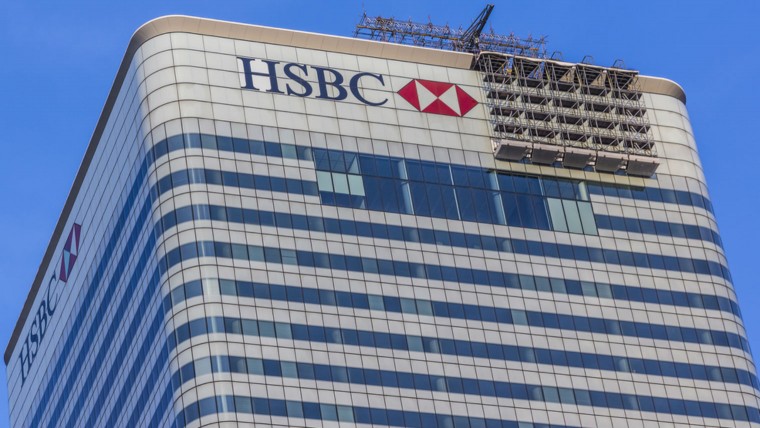The rich and big business are on our TV screens and newspaper front pages again – an uncomfortable place to be.
Talk of inequality started escalating in 2008, when the global financial crisis exposed the vast and disproportionate earnings of bankers, as well as many disingenuous practices in big banks. Politicians promised reform, but precious little has happened, other than fines that banks have provided for and largely shrugged off as a temporary inconvenience.
Thomas Piketty’s Capital in the Twenty-First Century shows that the super-rich are becoming much richer than everyone else much faster than at any time, while Western governments and the rest of society lurch precariously on the edge of insolvency.
Last November, leaked files showed that staff at accountancy firm PwC’s Luxembourg office had advised big global companies on creating elaborate structures specifically designed to deprive onshore governments of tax revenues.
Politicians are masters of pointing the finger at other people, to hide their own failings
Another media frenzy last month, using data stolen from HSBC’s Swiss private bank in 2008, revealed that the UK’s biggest bank may have helped some of their rich clients, including around 7,000 UK residents, to avoid or evade tax.
While the media furore reflects a growing public outcry over tax-dodging, the shock expressed by politicians is pure political pantomime. Politicians are masters of pointing the finger at other people, to hide their own failings.

Data stolen from HSBC suggests the bank may have helped their richest clients avoid or evade tax
Government alone determines how much tax we pay and how taxes are collected. So, if the rich don’t pay enough tax, then politicians across all parties are surely responsible.
But Machiavellian mud-slinging, such as attempting to exert moral pressure on big business and the rich to pay more tax than is legally required, is all part of an elaborate smokescreen. How can politicians address the inherent weakness of a labyrinthine tax system, when they have a vested interest in preserving it?
On the one hand, mainstream political parties rely upon the rich and the companies they own for political funding. On the other hand, politicians continue to borrow from banks, and create increasingly subtle and complex taxes. They do this to pay for unfunded electoral promises, often in the form of tax breaks designed to buy votes at election time.
In a party-dominated parliamentary democracy, these vested interests and contradictions perpetuate an increasingly complex status quo.
Some people believe UK tax rules are deliberately complicated and confusing. At 17,000 pages of tax code, plus countless thousands more pages of guidance notes, perhaps they are right.
No wonder many of the rich and big businesses pay lower marginal rates of tax than most others – only they have the time and money to engage the professional advisers required to interpret this fiscal gobbledygook. Ironically, these are often the same professional advisers who have previously helped government officials draft reams of complex new tax legislation.
Governments need to attract capital to foster innovation and to create new jobs. Much of this investment comes from rich investors and large multinational companies. Capital is more mobile than ever, so governments have to compete to attract it. Perhaps large companies and investors flock to the UK because the UK’s tax system offers an attractive environment in which to reside and make money.
So until the point that governments face bankruptcy, and they raid the accounts of the rich and big business, most likely via a lightning strike windfall tax, the uneasy game of cat and mouse continues.



